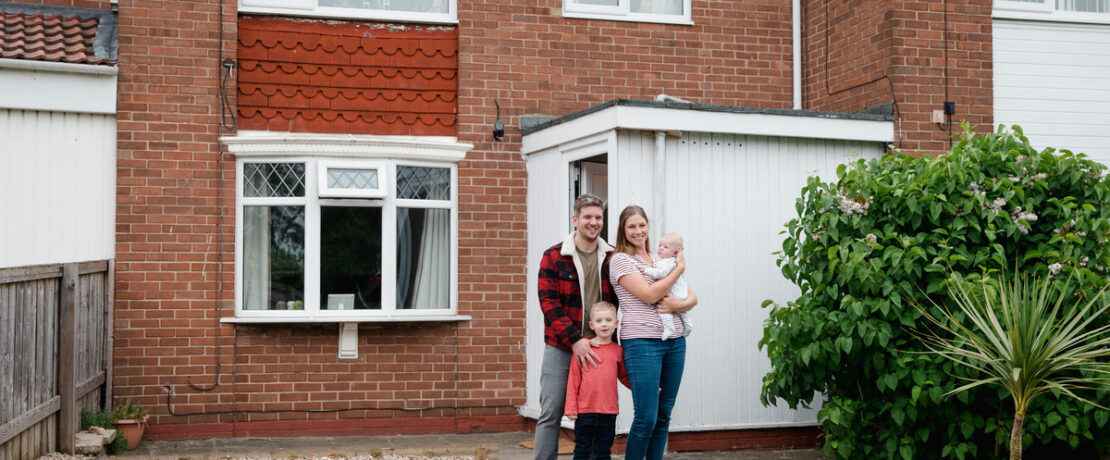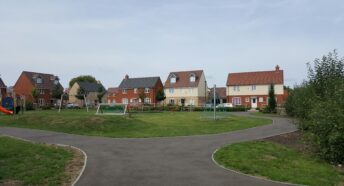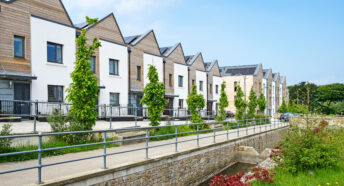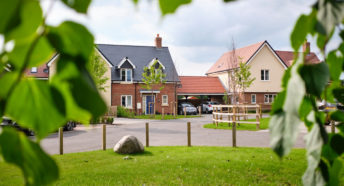CPRE launches campaign to build support for rural affordable housing
As a monumental general election nears, we’re inviting supporters to join us in campaigning for more genuinely affordable housing in the countryside.
A healthy home is the foundation for a decent life, but our broken housing system represents an existential threat to rural communities. We’ve launched our rural affordable housing campaign to build support and put pressure on the next government to deliver genuinely affordable rural homes.
Chronic shortage
Our rural affordable housing report showed that a combination of factors, including stagnating wages, rising rents and a proliferation of second homes and short-term lets has intensified the rural affordable housing crisis. In rural England, over 300,000 people are waiting for a home, and at current construction rates, it will take 93 years to clear that list. This is completely unacceptable, and we’re calling on the government to do better.
The chronic shortage of genuinely affordable rural housing is depriving rural areas of skills, economic activity, and crucial public services. Homelessness has leapt 40% in just five years in our countryside communities, and our evidence shows that homelessness is sweeping rural areas at a higher rate than even some urban areas.
Devastating impacts
Through several case studies, we’ve spoken to local authorities, housebuilders, housing associations and ordinary people suffering at the hands of this crisis. From elderly people having homelessness forced upon them, to young people unable to afford to live in the areas they grew up in, it’s clear that the housing crisis is having a devastating impact.
However, we’ve also unearthed examples of great practice, from York City Council’s commitment to sustainable affordable housing to housebuilders in North East Lincolnshire building affordable homes for life.
Wide-ranging
Our campaign launch takes place just as brand new research from CPRE exposes just how far-reaching the housing crisis is, with middle-earners feeling the pinch. Analysis of data from the Office for National Statistics (ONS) shows that people in many areas across the rural south are spending more than half of their take-home page on rent for the average two-bedroom property. Driven by huge disparities in rural rents, and out-of-step rural wages, many middle-earners can no longer afford to live in rural areas.
Urgent steps to take
At its core, the housing crisis is an affordability crisis. But current definitions of ‘affordable’ are completely out of step with the reality in local areas. We’re calling on the government to redefine ‘affordable housing’ to directly link to average local incomes. Smaller parishes also need protection from Right-to-Buy properties being sold off as second homes so that local people and workers can access them.
We also want to see ambitious targets for new affordable homes required by national planning policy and a new generation of social rented homes. Local communities need support in delivering small-scale affordable developments, and we need a more streamlined process to help local authorities buy land at affordable prices.
Short-term lets and second home ownership are also driving up rents, which is why we’re calling for powers to be given to local authorities to levy additional tax on second homes – as well as the introduction of a short-term let register, which has recently undergone government consultation.
Get involved
By joining our campaign, you’ll be helping us send a message to the government: enough is enough. The government needs to set ambitious targets for a new generation of affordable homes. We’ll also keep you up to date with campaign news, and our latest research and case studies. Together, let’s end this crisis and breathe life back into rural communities.








